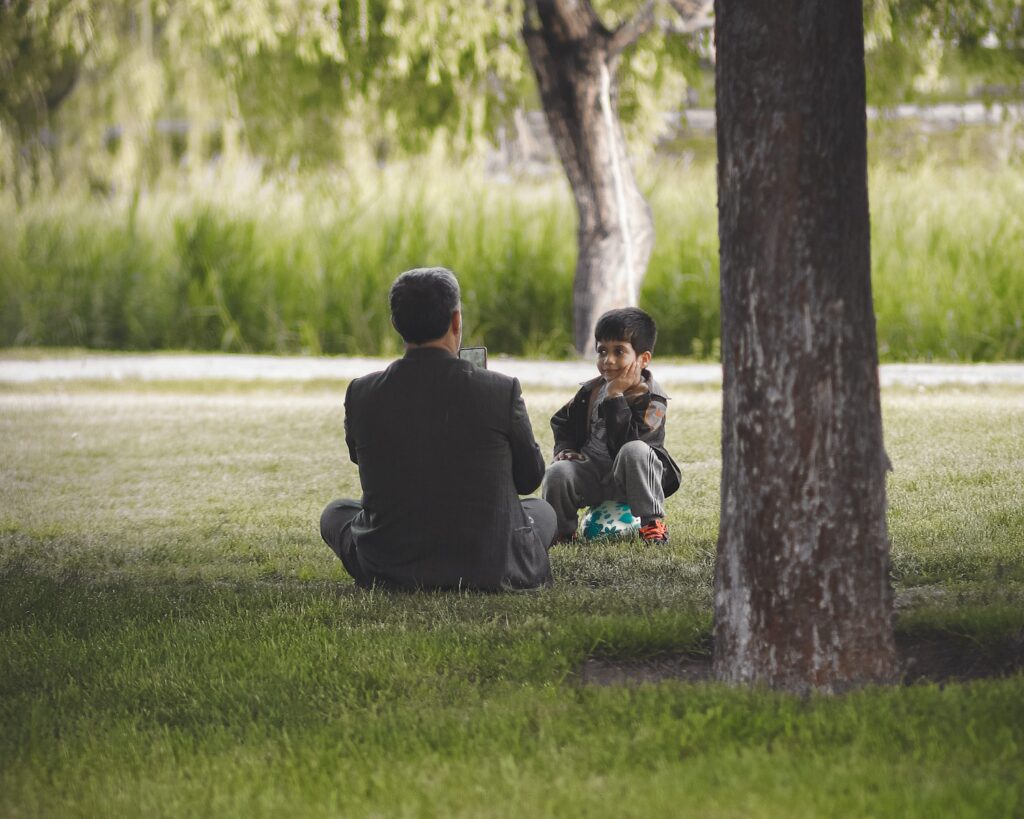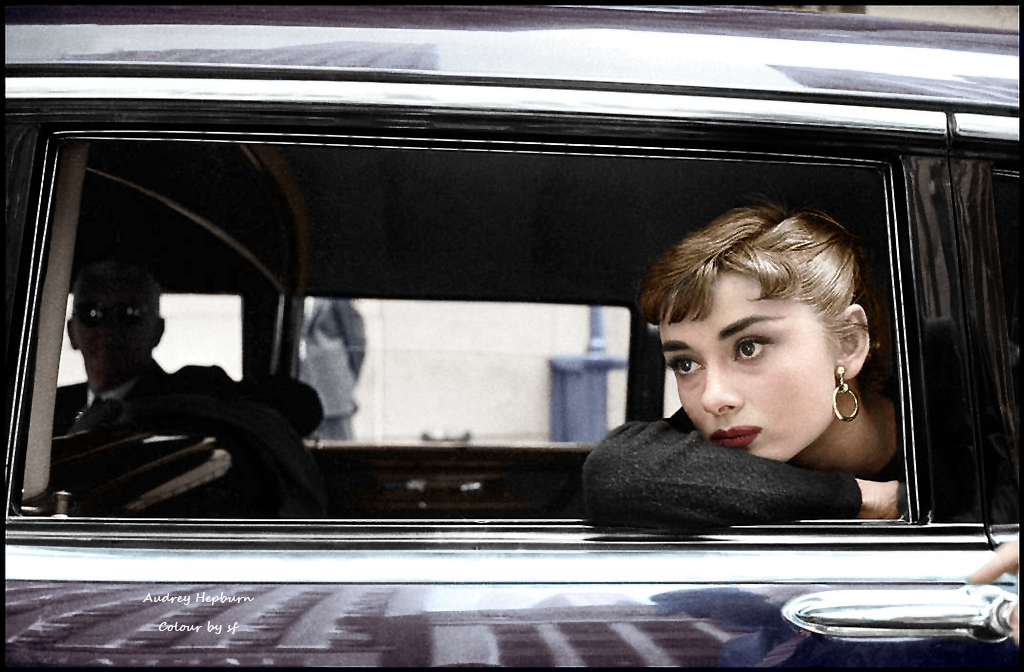
Life offers little preparation for the staggering revelation that a child you have loved and raised may not be biologically yours. For many fathers, the parent-child bond is built through ordinary, meaningful moments: wiping away tears, reading bedtime stories, teaching life lessons. The belief in a biological link is so deeply woven into the fabric of fatherhood that it is rarely questioned.
The truth often emerges in unexpected and jarring ways. One man, prompted by casual remarks about the baby’s appearance, decided to pursue a DNA test and described nearly collapsing from the emotional impact when the results confirmed his worst fear. Another discovered the truth during a routine compatibility check while preparing to donate a kidney, only to realize he shared no biological tie with the child. In some cases, men are excluded from family ancestry tests, only to discover the painful reality through omission or confession. These moments mark the collapse of a foundational truth, shattering not only a man’s identity as a father but destabilizing the emotional structure of the family.

The Layered Pain of Betrayal
The biological revelation often exposes a deeper wound: betrayal. For many fathers, the shock is intensified by the realization that a long-held secret had been deliberately concealed. One man was devastated to learn that five out of his eight children were not biologically his. Another uncovered that his wife had maintained a secret affair for over twenty years, casting doubt over the entire timeline of their relationship.
For some, the truth is revealed in the midst of a marital collapse, wielded as a cruel tactic during divorce proceedings. The betrayal is not limited to the biology; it lies in the erosion of trust built over years of shared milestones, affection, and intimacy. The emotional toll stems not just from what is discovered, but from how long it was hidden. Memories become clouded, once-precious moments feel altered, and the narrative of one’s family life is rewritten under the weight of deceit.

The Depth of a Father’s Love
Amid the anguish, one emotion remains remarkably constant: the love for the child. Despite learning of a biological disconnect, many fathers reaffirm their unwavering emotional bond. For them, the essence of being a father is not in DNA, but in presence, sacrifice, and enduring care. One man declared through tears, “These are my kids, and I love them so much it literally hurts. They will ALWAYS be my children, and I am their Dad.”
Others immediately accept the child as their own, without hesitation or resentment. A man embraced his wife while she was pregnant with another man’s baby and said, “Whatever happened in the past we can’t control. For me, you are my wife and he is my son. Nothing in this world can change it.” Another father, three decades ago, chose to raise his girlfriend’s child as his own from birth, vowing, “That boy is mine.” These declarations reveal that fatherhood, for many, is a choice of the heart more than a matter of genetics.

The Difficult Choices in the Aftermath
The period following the revelation often demands incredibly painful choices. One father, overwhelmed by betrayal, withdrew temporarily to process the pain, yet was drawn back by the powerful bond he shared with “MY sons.” In time, he chose to reconcile with his wife and rebuild the family, believing that a true family is built not by shared blood but by shared life.
Not all fathers reach the same resolution. For some, the breach of trust cannot be repaired. Divorce becomes unavoidable. While some fathers manage to stay in the child’s life, others face legal and emotional separation. One man, after a paternity challenge, watched helplessly as police officers took his daughter away. He made the agonizing decision not to pursue custody, believing that walking away was the least traumatic path for the child. These choices often involve unbearable sacrifice, made in the interest of a child’s emotional well-being.

The Burden of Secrets and the Question of Truth
One of the most complex challenges fathers face is whether to share the truth with the child. The decision often weighs heavily on the father’s heart and mind. One man who discovered the truth eight years ago continues to keep it from his son, waiting for a time when he believes the boy will be mature enough to handle the reality. He continues to parent him with the same dedication and love as before.
Other stories serve as stark warnings. A woman who learned as an adult that the man who raised her was not her biological father felt deeply betrayed by both her parents. Her trust fractured, she chose to sever ties, leaving her grieving father emotionally shattered in his final years. These narratives raise profound questions about timing, honesty, and the unpredictable consequences of revealing painful truths.

Redefining Fatherhood
Many men gradually come to redefine what it means to be a father. In their eyes, parenthood is not founded in biology, but in sustained commitment. One father likened his experience to that of adoptive parents or sperm donors, arguing that the emotional and moral investment defines true fatherhood. Another, after nearly twenty years of raising his daughter, found peace in knowing the revelation changed nothing about the way he loved her or the role he chose to play in her life.
Even extended family members echo this transformation in perspective. One grandfather, speaking of his son’s non-biological daughter, insisted she was “as much our granddaughter as her big sister.” These evolving definitions of fatherhood highlight the truth that love, rather than genetics, is the most enduring and meaningful foundation of a family.

The Ongoing Challenges and Rewards
Continuing to be a father under these circumstances is a path filled with both challenges and deep emotional reward. Relationships with the child’s mother may remain strained or disintegrate entirely. Legal processes for custody and visitation rights often become protracted and emotionally exhausting. One man spent years fighting in court to stay in his child’s life, refusing to let biology determine the outcome of a relationship built on love and time.
In some situations, the mother relinquishes responsibility, leaving the father as the sole caregiver. One man who was granted full parental rights after the mother abandoned their daughter never even considered DNA testing. For him, the nature of their connection was never in doubt. “That love can’t be broken,” he said, focusing on offering his child stability, consistency, and unconditional care.

A Testament to Chosen Family
Across these stories, the most striking thread is the extraordinary strength of chosen love. These fathers did not retreat when faced with painful truths. They stepped forward, redefining fatherhood in the process. Their identity as a parent was not dissolved by a test result but reaffirmed by daily acts of presence, protection, and emotional investment.
Their devotion is expressed in the smallest gestures: preparing meals, attending school events, staying up through fevers, and lending a patient ear. These are not the actions of a substitute or stand-in. They are the quiet, persistent actions of a father.
“Family isn’t made of DNA donors, it’s a lifelong bond.” In these stories, love filled the void where biology faltered. And for countless children, that steadfast presence is what makes someone truly Dad.


